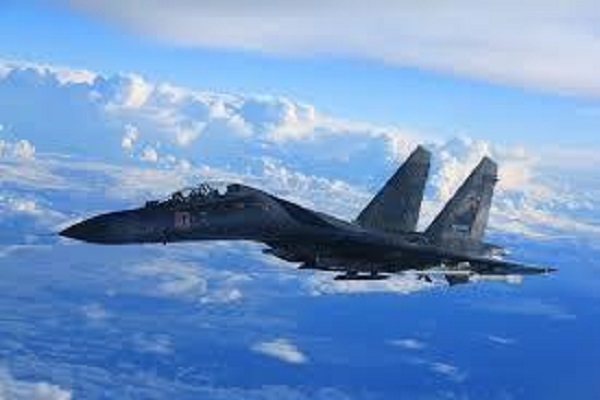
TABNAK, Oct, 29: Moscow has now granted Iran a license to Teheran to start producing Russian Su-30 as well as Su-35 fighter aircraft and is already preparing to set up an assembly plant.
Some sources described this as “a significant step in the development of Iranian aviation,” where the initial deliveries of Su-35s from the current contract have already raised Iran’s air force capability.
It seems likely that initially Iran will receive previously manufactured subsystems, components and other parts for local assembly before eventually developing a full manufacturing capability of its own, Kievpost reported.
The Middle East Spectator website has published a report claiming that two Su-35 fighter jets have been delivered to Iran in forms of components and are ready to be assembled and ready for use by Iranian engineers.
Russia’s license to Iran will allow as many as 72 Su-35s and an unknown number of Su-30s to be built, was finalized during the BRICS summit held in Kazan, Russia, from Oct. 22 to 24.
Not only would this number of modern aircraft enhance Iran’s armed forces but also to create new jobs and develop its own aviation industry. It will also reduce Teheran’s dependence on external supplies of military equipment and allow it to diminish the effect of the international sanctions under which it currently operates. It is not clear whether the license arrangement would allow Iran the right to produce aircraft for export to third countries.
The Su-30 and Su-35, two of the most advanced multirole fighters are both developments of Russia’s Sukhoi Su-27, that is also designated by NATO as the Flanker. They have many common features but key differences that fit them for different missions. The Su-30 is a two-seat, long-range, multirole fighter making it suitable for a variety of combat tasks including air-to-air interdiction and all-weather combat missions.
The Su-35, which is itself a development of the Su-30, employing more powerful engines, upgraded electronic countermeasures systems, and more advanced avionics making the aircraft highly maneuverable with long-range detection, acquisition, and tracking of multiple targets.
The Military Watch website reported in 2020 that Sukhoi was working on developing a single “Super Flanker” aircraft that would combine the best elements of the Su-30 and Su-35 into a single model by 2027.